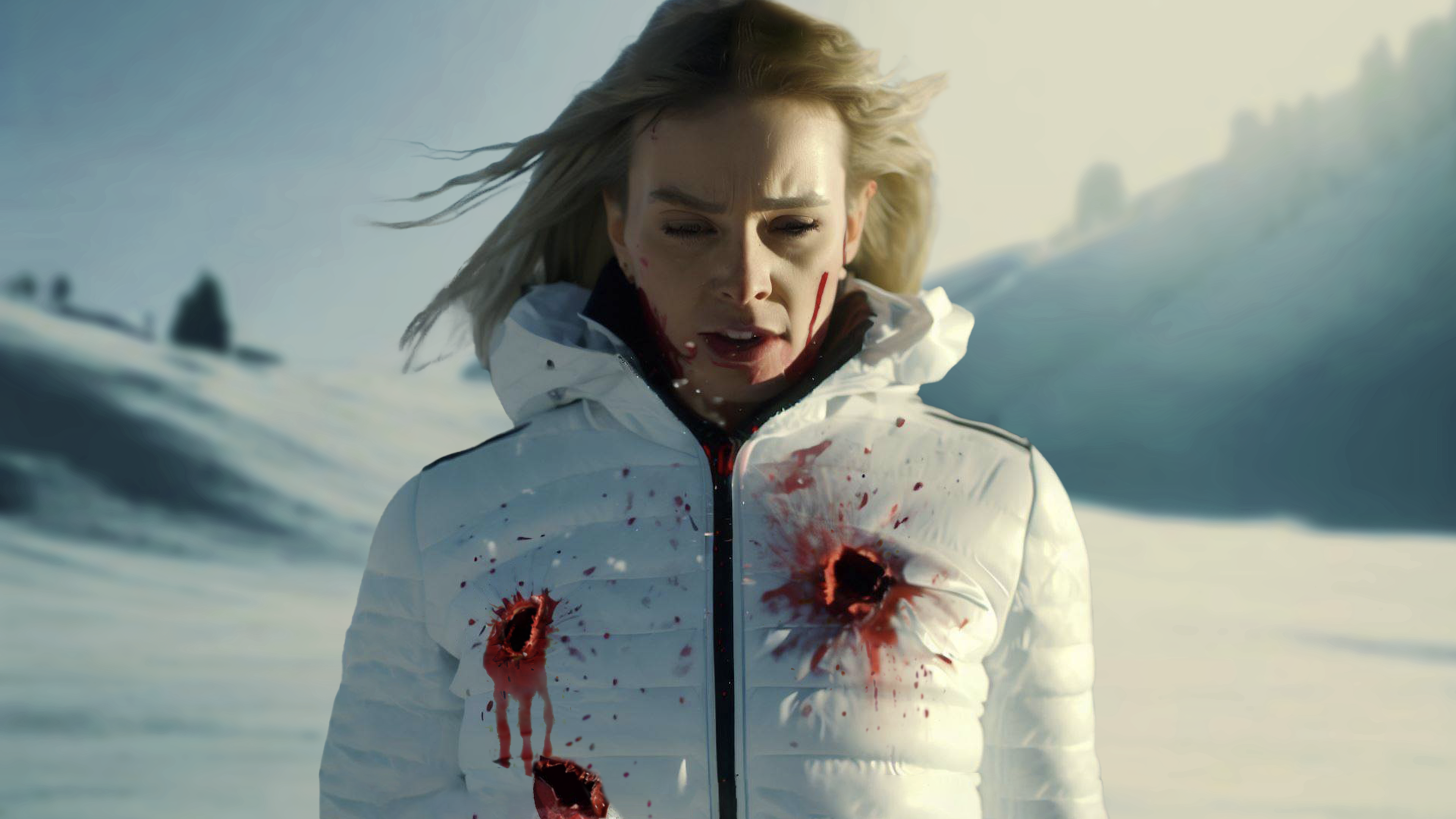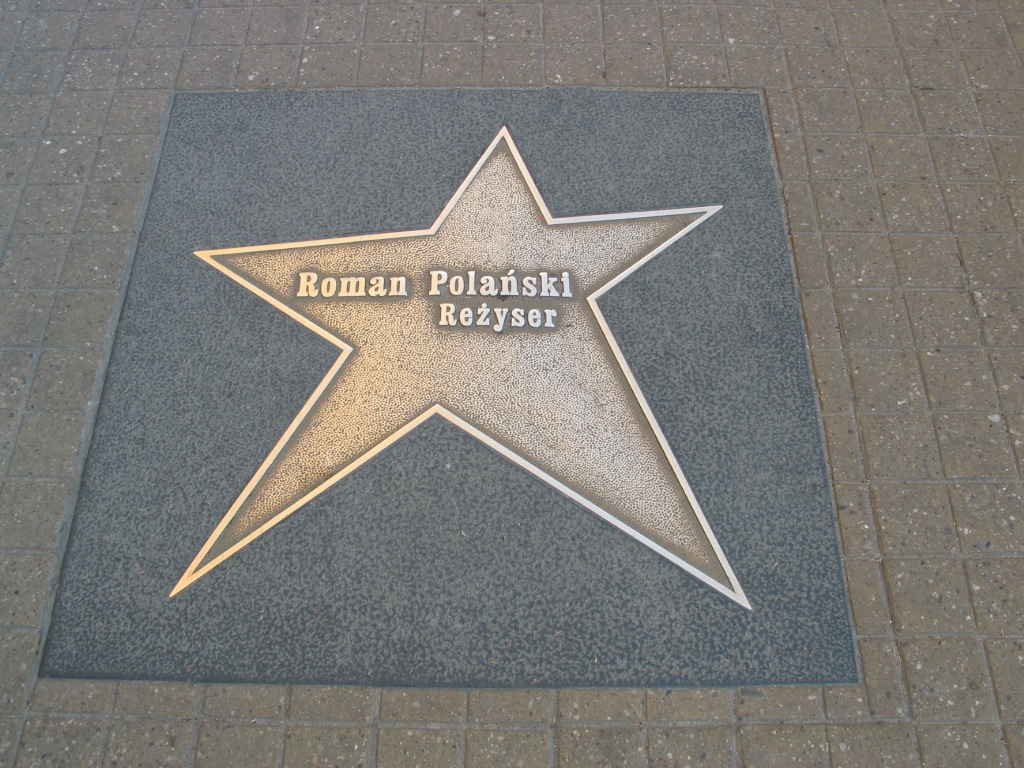|
Pokolenie
''A Generation'' ( pl, Pokolenie) is a 1955 Polish film directed by Andrzej Wajda. It is based on the novel ''Pokolenie'' by Bohdan Czeszko, who also wrote the script. It was Wajda's first film and the opening installment of what became his Three War Films trilogy set in the Second World War, to be followed by '' Kanal'' and ''Ashes and Diamonds''. Plot ''A Generation'' is set in Wola, a working-class section of Warsaw, in 1942 and tells the stories of two young men at odds with the German occupation of Poland. The young protagonist, Stach (Tadeusz Łomnicki), is living in squalor on the outskirts of the city and carrying out wayward acts of theft and rebellion. After a friend is killed attempting to heist coal from a German supply train, he finds work as an apprentice at a furniture workshop, where he becomes involved in an underground communist resistance cell. He is guided first by a friendly journeyman there, who in turn introduces Stach to the beautiful Dorota (Urszula ... [...More Info...] [...Related Items...] OR: [Wikipedia] [Google] [Baidu] |
Bullet Hit Squib
A bullet hit squib or a blood squib is a practical, pyrotechnic special effect device used mainly in the film industry, TV shows and stage performances and even in first responder moulage training to simulate the appearance of a character being shot and wounded. This is achieved by blowing open a pre-scored hole on the actor's clothing and bursting a fake blood packet with a small explosion, creating an aesthetic that filmmakers and audiences alike have become accustomed to associating with a gunshot wound. The effect is usually carried out with clothing instead of on bare skin in order to conceal the device. While the portrayal is not necessarily accurate or is exaggerated compared to real-life (in the main figure, bullet holes are blown outwards and blood projects through a down jacket), it is nevertheless a useful tool to help create a captivating and dramatic scene. The device comprises a squib (a small, tablet-shaped, firecracker-like explosive) with an integrated ignit ... [...More Info...] [...Related Items...] OR: [Wikipedia] [Google] [Baidu] |
Andrzej Wajda
Andrzej Witold Wajda (; 6 March 1926 – 9 October 2016) was a Polish film and theatre director. Recipient of an Honorary Oscar, the Palme d'Or, as well as Honorary Golden Lion and Honorary Golden Bear Awards, he was a prominent member of the "Polish Film School". He was known especially for his trilogy of war films consisting of ''A Generation'' (1955), ''Kanał'' (1957) and '' Ashes and Diamonds'' (1958). He is considered one of the world's most renowned filmmakers whose works chronicled his native country's political and social evolution and dealt with the myths of Polish national identity offering insightful analyses of the universal element of the Polish experience – the struggle to maintain dignity under the most trying circumstances. Four of his films have been nominated for the Academy Award for Best Foreign Language Film: '' The Promised Land'' (1975), ''The Maids of Wilko'' (1979), ''Man of Iron'' (1981) and '' Katyń'' (2007). Early life Wajda was born in Suwałk ... [...More Info...] [...Related Items...] OR: [Wikipedia] [Google] [Baidu] |
Urszula Modrzyńska
Urszula Modrzyńska (; 23 February 1928 – 11 December 2010) was a Polish stage and film actress. Modrzyńska began her career on stage in 1949 in Wilam Horzyca Theater in Toruń. In the 1950s and 1960 she played several memorable parts in movies by Polish directors, namely by Andrzej Wajda (Dorota in ''Pokolenie'' - 1955)) and Aleksander Ford (Jagienka in ''Krzyżacy'' - 1960). In the 1970s she played only smaller parts in movies by young directors, as in ''Droga w świetle księżyca'' by Witold Orzechowski (1972), ''Rozmowa'' by Piotr Andrejew (1974), and ''Zdjęcia Próbne'' by Agnieszka Holland, Paweł Kędzierski and Jerzy Domaradzki (1976), concentrating on her theater work at Nowy Theater in Łódź. She retired in 1983 and died on 11 December 2010 in Łódź Łódź, also rendered in English as Lodz, is a city in central Poland and a former industrial centre. It is the capital of Łódź Voivodeship, and is located approximately south-west of Warsaw. The city's ... [...More Info...] [...Related Items...] OR: [Wikipedia] [Google] [Baidu] |
Roman Polanski
Raymond Roman Thierry Polański , group=lower-alpha, name=note_a (né Liebling; 18 August 1933) is a French-Polish film director, producer, screenwriter, and actor. He is the recipient of numerous accolades, including an Academy Award, two British Academy Film Awards, nine César Awards, two Golden Globe Awards, as well as the Golden Bear and a Palme d'Or. His Polish–Jewish parents moved the family from his birthplace in Paris back to Kraków in 1937.Paul Werner, ''Polański. Biografia'', Poznań: Rebis, 2013, p. 13. Two years later, the invasion of Poland by Nazi Germany started World War II, and the family found themselves trapped in the Kraków Ghetto. After his mother and father were taken in raids, Polanski spent his formative years in foster homes, surviving the Holocaust by adopting a false identity and concealing his Jewish heritage. Polanski's first feature-length film, ''Knife in the Water'' (1962), was made in Poland and was nominated for the United States ... [...More Info...] [...Related Items...] OR: [Wikipedia] [Google] [Baidu] |
KADR (studio)
KADR (since 1989 Studio Filmowe Kadr) is a major Polish film production and distribution company, founded in 1955 and still producing films as of 2016. Between its founding and 2003, KADR released 150 films in total, including many classics of Cinema of Poland, Polish cinema. History "Arguably the most important Polish film studio," Kadr was founded on May 1, 1955, by filmmaker Jerzy Kawalerowicz, and its initial output is closely associated with him. Along with Krzysztof Teodor Toeplitz and Tadeusz Konwicki, Kawalerowicz was a primary influence on the development of the Polish Film School in the 1950s. With a few exceptions, its landmark films were produced at Kadr. The organization began as one of a few "film units" (''zespoły filmowe'') set up as state enterprises, and with close connections to the establishment National Film School in Łódź. By 1968 Kadr was a major studio, producing perhaps four titles annually, including the big-budget three-year period production of ''P ... [...More Info...] [...Related Items...] OR: [Wikipedia] [Google] [Baidu] |
Three War Films
Andrzej Witold Wajda (; 6 March 1926 – 9 October 2016) was a Polish film and theatre director. Recipient of an Honorary Oscar, the Palme d'Or, as well as Honorary Golden Lion and Honorary Golden Bear Awards, he was a prominent member of the "Polish Film School". He was known especially for his trilogy of war films consisting of ''A Generation'' (1955), ''Kanał'' (1957) and ''Ashes and Diamonds'' (1958). He is considered one of the world's most renowned filmmakers whose works chronicled his native country's political and social evolution and dealt with the myths of Polish national identity offering insightful analyses of the universal element of the Polish experience – the struggle to maintain dignity under the most trying circumstances. Four of his films have been nominated for the Academy Award for Best Foreign Language Film: '' The Promised Land'' (1975), ''The Maids of Wilko'' (1979), ''Man of Iron'' (1981) and '' Katyń'' (2007). Early life Wajda was born in Suwał ... [...More Info...] [...Related Items...] OR: [Wikipedia] [Google] [Baidu] |
Warsaw Ghetto Uprising
The Warsaw Ghetto Uprising; pl, powstanie w getcie warszawskim; german: link=no, Aufstand im Warschauer Ghetto was the 1943 act of Jewish resistance in the Warsaw Ghetto in German-occupied Poland during World War II to oppose Nazi Germany's final effort to transport the remaining ghetto population to Majdanek and Treblinka death camps. After the Grossaktion Warsaw of summer 1942, in which more than a quarter of a million Jews were deported from the ghetto to Treblinka and murdered, the remaining Jews began to build bunkers and smuggle weapons and explosives into the ghetto. The left-wing Jewish Combat Organization (ŻOB) and right-wing Jewish Military Union (ŻZW) formed and began to train. A small resistance effort to another roundup in January 1943 was partially successful and spurred Polish resistance groups to support the Jews in earnest. The uprising started on 19 April when the ghetto refused to surrender to the police commander SS-Brigadeführer Jürgen Stroop, wh ... [...More Info...] [...Related Items...] OR: [Wikipedia] [Google] [Baidu] |
Janusz Paluszkiewicz
Janusz Paluszkiewicz (20 March 1912 – 19 February 1990) was a Polish actor. He appeared in more than 50 films and television shows between 1952 and 1988. Filmography References External links * 1912 births 1990 deaths Polish male film actors Actors from Łódź {{Poland-actor-stub ... [...More Info...] [...Related Items...] OR: [Wikipedia] [Google] [Baidu] |
Ryszard Kotys
Ryszard Kotys (20 March 1932 – 27 January 2021) was a Polish actor. He appeared in more than 140 films and television shows during his career. Filmography Film Television References External links * 1932 births 2021 deaths Polish male film actors Polish male stage actors Polish male television actors People from Kielce County Deaths from the COVID-19 pandemic in Poland Recipients of the Order of Polonia Restituta {{Poland-actor-stub ... [...More Info...] [...Related Items...] OR: [Wikipedia] [Google] [Baidu] |
Polish Film School
Polish Film School ( pl, Polska Szkoła Filmowa) refers to an informal group of Polish film directors and screenplay writers active between 1956 and approximately 1963. Among the most prominent representatives of the school are Andrzej Wajda, Andrzej Munk and Jerzy Kawalerowicz. Overview The group was under the heavy influence of Italian neorealists. It took advantage of the liberal changes in Poland after 1956 Polish October to portray the complexity of Polish history during World War II and German occupation. Among the most important topics were the generation of former Home Army soldiers and their role in post-war Poland and the national tragedies like the German concentration camps and the Warsaw Uprising. The political changes allowed the group to speak more openly of the recent history of Poland. However, the rule of censorship was still strong when it comes to history after 1945 and there were very few films on contemporary events. This marked the major difference betwee ... [...More Info...] [...Related Items...] OR: [Wikipedia] [Google] [Baidu] |
Condom
A condom is a sheath-shaped barrier device used during sexual intercourse to reduce the probability of pregnancy or a sexually transmitted infection (STI). There are both male and female condoms. With proper use—and use at every act of intercourse—women whose partners use male condoms experience a 2% per-year pregnancy rate. With typical use the rate of pregnancy is 18% per-year. Their use greatly decreases the risk of gonorrhea, chlamydia, trichomoniasis, hepatitis B, and HIV/AIDS. To a lesser extent, they also protect against genital herpes, human papillomavirus (HPV), and syphilis. The male condom is rolled onto an erect penis before intercourse and works by forming a physical barrier which blocks semen from entering the body of a sexual partner. Male condoms are typically made from latex and, less commonly, from polyurethane, polyisoprene, or lamb intestine. Male condoms have the advantages of ease of use, ease of access, and few side effects. Individuals with late ... [...More Info...] [...Related Items...] OR: [Wikipedia] [Google] [Baidu] |






